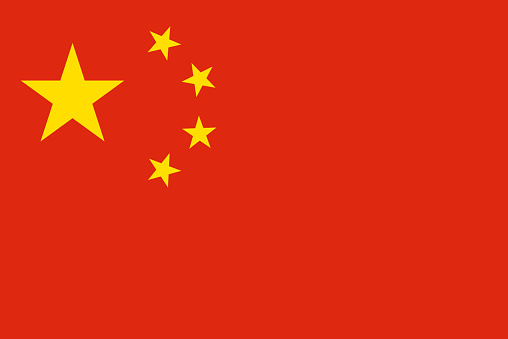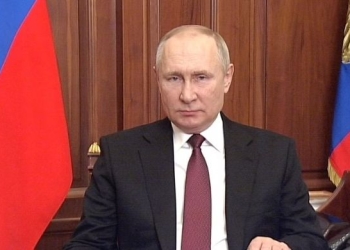When Australia had the temerity to request an independent probe into the origins of COVID-19 last year, China was outraged. It replied by imposing a raft of new trade restrictions, effectively blocking many sorts of Australian exports and breaking economic ties with the country. Beijing, on the other hand, has failed on both counts in its attempts to punish Canberra for its resistance by imposing economic hardship on it and to send a message to other countries not to challenge China.
So far, Australia has had just minor consequences. If this is how decoupling from China looks, Australia’s resiliency shows the consequences will be much lower than many have thought. Other countries with disagreements with China will be well aware of this fact. There has long been a basic conflict between Australia and China. In terms of trade, the two countries have become increasingly interwoven, with Australia supplying many of the commodities that China’s industry depends on.
However, they have a lot in common politically. Aside from differences in principles and human rights, Australia is concerned about China’s growing belligerence in the Indo-Pacific. China, on the other hand, is irritated by what it considers Australia’s anti-China position. For decades, the two countries have operated under an unspoken agreement to protect their fast-developing economic connections from any political conflicts.
New York’s World Trade Center Lit Up For Diwali
It had the desired effect: Exports to China tripled from 2009 to 2019, reaching 149 billion Australian dollars per year (about $110 billion). Iron ore accounts for around half of that, which feeds China’s ravenous demand for steel to keep up with its construction boom. The remainder consists primarily of coal, gas, and agricultural products, as well as significant Australian earnings from Chinese students and visitors. Even when relations deteriorated—as they did in 2009 and 2017, for example—the deal was kept, and commerce increased year after year.
























